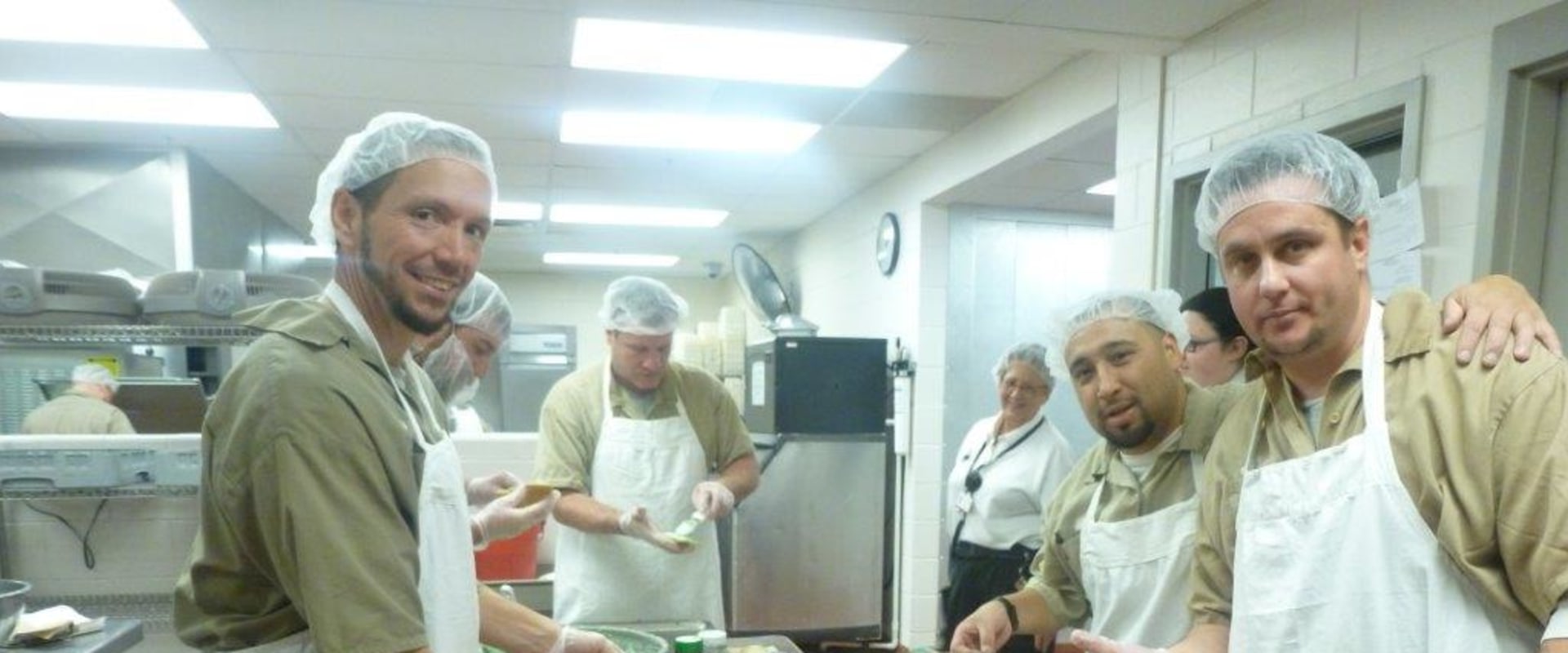Food service jobs are among the most abundant and easiest to get, because they generally don't require any skills except following orders. Unfortunately, the industry offers some of the worst jobs in a supposedly civilized society. Yesterday, protests were organized around the world, including in Miami, over low industry salaries. Working in the restaurant industry can be a tough and stressful job.
The hours can be long and the work can be exhausting. During busy meal periods, you may feel a lot of pressure to prepare meals quickly without sacrificing quality. Sometimes, your breaks may be postponed due to an onslaught of customers. It's difficult, but not too physically exhausting.
In addition, it is generally an air-conditioned environment. food service: you have to work hard in rather uncomfortable conditions. You sweat a lot in the kitchens and waiters have to carry heavy loads. Now, for the first time, it's not.
Nearly every state has issued orders for restaurants to close dining options at the restaurant or to drastically reduce capacity, forcing restaurants to fire or suspend workers or to close altogether. Around 10 million people filed for unemployment in recent weeks, a figure that is expected to continue to rise by millions. And that figure doesn't include collaborative economy workers, such as Instacart messengers or Uber Eats drivers, who, as contractors, wouldn't qualify for the user interface. The food service industry was particularly affected.
According to the Department of Labor, jobs in restaurants and bars accounted for 60 percent of jobs lost in March. It's clear that serving food and preparing beverages isn't the revolving door it's intended to be. Due to the pandemic, workers are coming out and in record numbers. Many members of the food service industry, who reported dropout rates of 6.8 percent in August, have had the time to rethink the conditions that have become the norm in all restaurants.
No matter where you are in the restaurant, you'll be on your feet all night, either carrying heavy plates and sliding between tables, or hunched over in a hot kitchen with little time to go to the bathroom. And then there are the customers, who could harass or abuse you. And I admit that I was a little embarrassed to realize that I had internalized the idea that sitting was a sign of poor service. Katy Kindred, co-owner of Kindred and Hello, Sailor in North Carolina, has also taken some time this year to rethink her spaces, rebuilding the service stations in both restaurants to be less cramped and more efficient, and adding “oh my God, so much air conditioning” in both kitchens.
He loved the restaurant's food from the first time he tried it, and hoped that when they opened a second store, they would take a risk with it, even though he had no previous experience. I know a lot about wine, I'm a good cook and I finally wanted to do something in the food industry. Working in the foodservice industry by the British Columbia Cooks Articulation Committee is licensed under a Creative Commons Attribution 4.0 international license, except where otherwise noted. Jennifer Cathey, a former line cook at Glory World Gyro in Tuscaloosa, Alabama, says the restaurant has tried to stay open for takeout and delivery services, but there's almost no business, and she was often “alone in a kitchen for hours at a time.”.
John's Bread %26 Life, a food pantry and soup kitchen in Brooklyn, worked in restaurants since his teens. We've talked a lot about the current exodus from food service jobs and how restaurants are struggling to staff because of the difficulty of the job compared to what you can afford. Reading these thousands of tweets is like being a fly on the wall of a support group full of service industry veterans. The discourse surrounding fast food jobs is often reduced to the term “turning hamburgers”, as if to suggest that the work can be done by anyone, and is nothing more than robotic movements made for a proportional salary.
If it were true that food service is just a paycheck for those who are waiting for their “real career” to appear, then presumably no one would care one way or another about the job itself. Setting your own schedule, choosing shifts when convenient, providing a necessary service to people who can't travel or bring their own food, is a good job. Unemployment websites crashed, as millions of people applied for benefits in recent weeks, and food banks can't keep up with demand: a third of those who come to them in search of food have never needed. .
.

Leave a Comment